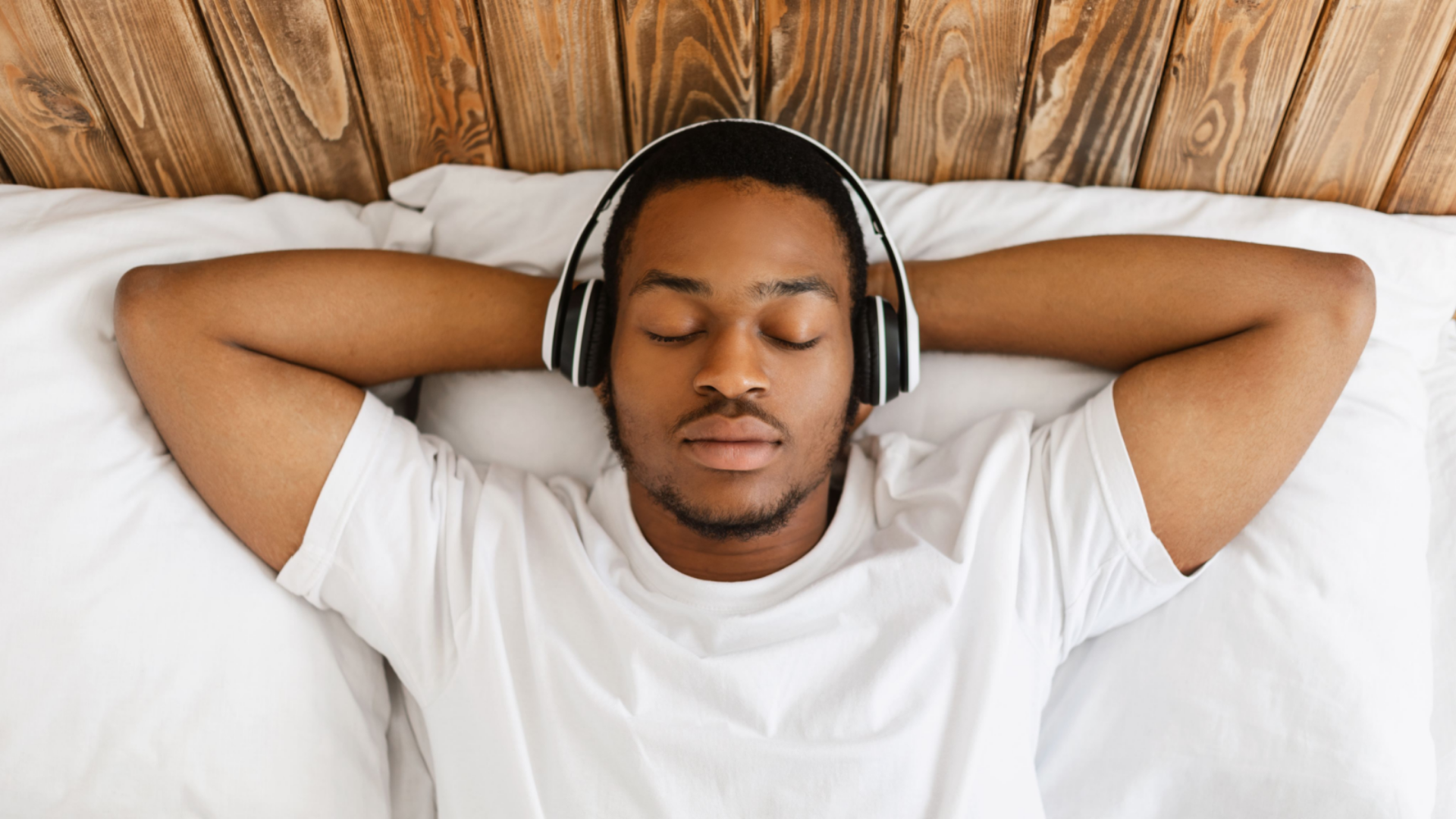

Now that we're fully into autumn, weather and temperature changes can have a profound effect on many people's sleep. Even if you have an incredible mattress or a perfected bedtime routine, it can be difficult drifting off when it's cold as our bodies need time to warm up before we can be comfortable enough to fall asleep. Find out what the ideal temperature is for sleep if you're interested!
Student accommodation provider, iQ, has been looking into this and particularly sounds associated with sleep patterns. They have spoken with experts in this field to create tips for students (and non-students) on how sound therapy can be used to help lull us into a peaceful night's sleep. They teamed up with Dr. Rosmy Barrios, a medical advisor for the Health Reporter, to delve into the world of ambient and background noises. This is what she had to say:
"Background noise typically helps our brains focus on one thing without being distracted, while also masking outside disturbances like traffic noises or loud neighbours. This can help us to achieve a state of calm, relaxation, improved concentration, and falling asleep faster. However, each of these sounds has its own distinctive characteristics.”
They first discussed binaural sounds.
What are binaural sounds?
Binaural beats are like a trick your brain plays with sound. When you listen to two different tones in your ears, your brain makes up a third tone that you can hear. We call this made-up tone a 'binaural beat' and it sounds like the difference in pitch between the two tones you're listening to. Listening to these frequencies helps to induce relaxing theta waves associated with meditation and sleep.
For example, if one tone is at 300 cycles per second (kind of like a musical note) in one ear, and another is at 310 cycles per second in the other ear, your brain creates a binaural beat at 10 cycles per second. You can hear then this binaural beat.
There are, however, some rules for binaural beats to work. The tones in your ears have to be less than 1000 cycles per second, and the difference between their pitches has to be less than 35 cycles per second for you to hear the binaural beat. Over time binaural beats can alter your brain wave activity.
Sign up to the T3 newsletter for smarter living straight to your inbox
Get all the latest news, reviews, deals and buying guides on gorgeous tech, home and active products from the T3 experts
Are there any other sounds that work?
Experts categorise each background or ‘binaural’ sound in colours, from Brown and Pink to the soothing notes of Green, and each brings its own set of distinctive benefits.
Brown noise: known for its calming and inhibiting qualities, it not only aids in falling asleep but also enhances concentration by blocking out distracting background noises.
Pink noise: possesses the unique ability to drown out ambient noises, thereby fostering improved concentration, alleviating anxiety and promoting restful sleep.
Catalin Zorzini, Founder of Earth.fm, adds that “green noise, or nature sounds, stand out with their calming, less hissy undertones compared to the more well-known white noise. The gentle whispers of nature, like rainfall or waves, can sharpen our focus, while the vibrant blend of pink, brown, and green noise combined can be the ultimate study or work companion. So, next time you're struggling to drift off, the distant chirping of cicadas or a storm over a lush forest might be the trick."
Interested in more sleep hacks? Check out this finger breathing technique or the open-eye hack.

Lizzie is T3's Home Living Staff Writer, covering the latest in style, wellness and beauty tech. From skincare gadgets to vacuum cleaners, she's your go-to for trends and top recommendations.
When not writing, Lizzie enjoys mooching around Bath, spending time with loved ones, or testing her review units – often during an enthusiastic cleaning spree!
-
 3 overrated shoulder exercises, according to a fitness expert (and what to do instead)
3 overrated shoulder exercises, according to a fitness expert (and what to do instead)Sculpt 3D shoulders whilst minimising injury with these three alternative exercises
By Bryony Firth-Bernard Published
-
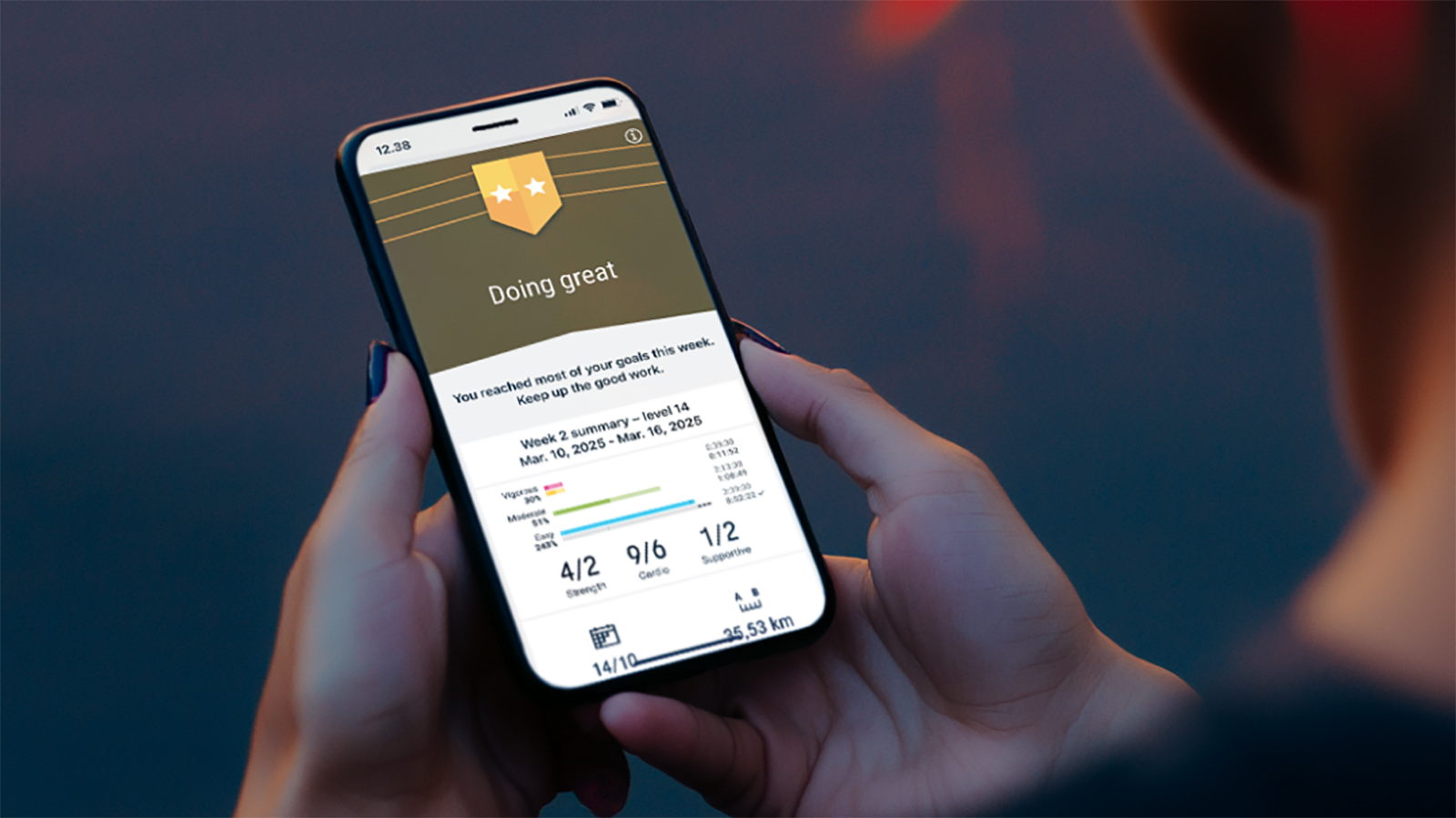 Polar’s new subscription feature lands in the shadow of Garmin’s Connect+ rollout
Polar’s new subscription feature lands in the shadow of Garmin’s Connect+ rolloutPR genius or timing disaster? Polar’s new Fitness Programme adds adaptive training to its ecosystem
By Matt Kollat Published
-
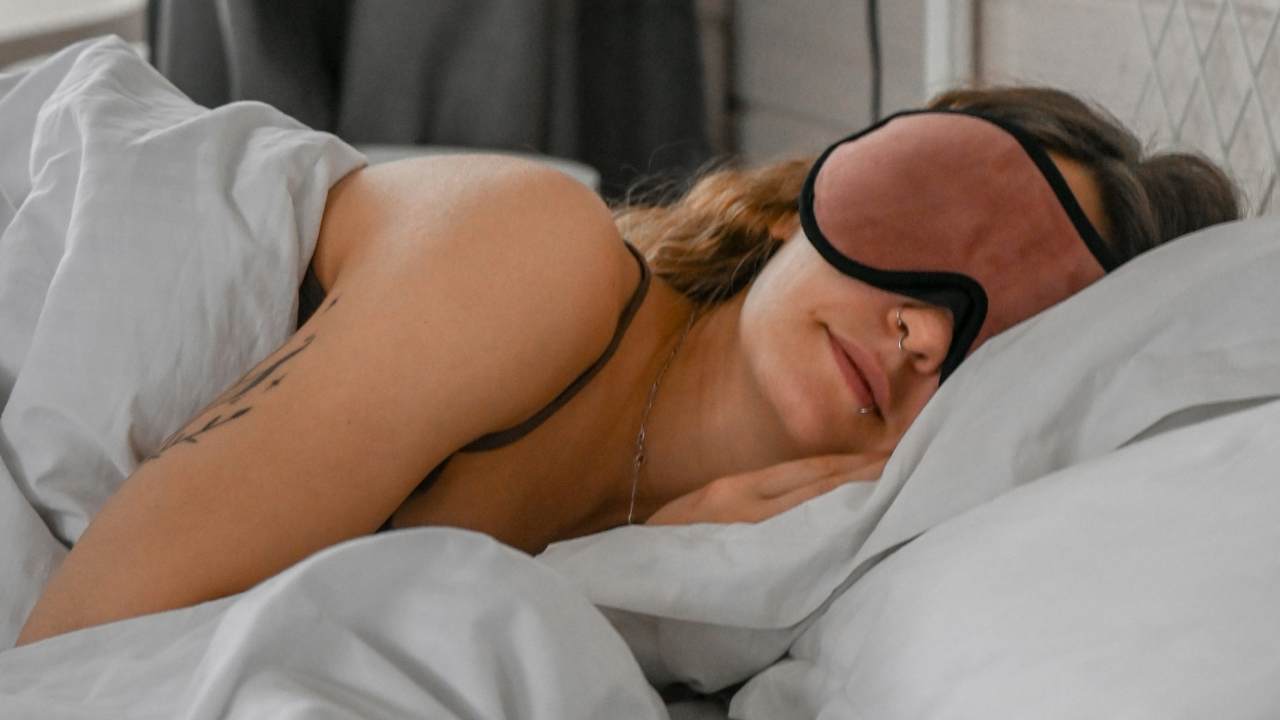 This pillow flip sleep hack can help you beat Christmas insomnia – and it takes seconds
This pillow flip sleep hack can help you beat Christmas insomnia – and it takes secondsIf you love the cold side of the pillow, you’ll love this quick sleep hack
By Bethan Girdler-Maslen Published
-
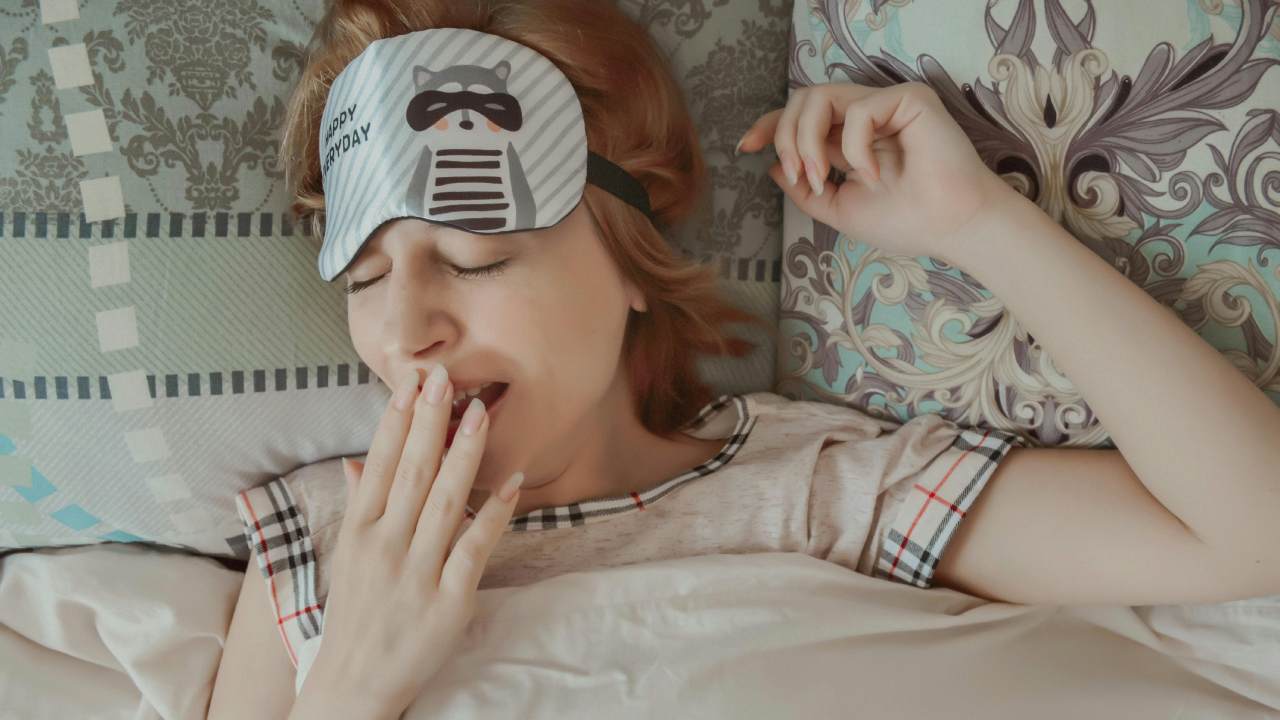 This sleep hack can cut down your nightly bathroom visits – it’s not what you’d think
This sleep hack can cut down your nightly bathroom visits – it’s not what you’d thinkCut down your nightly bathroom trip by trying this easy sleep hack
By Bethan Girdler-Maslen Published
-
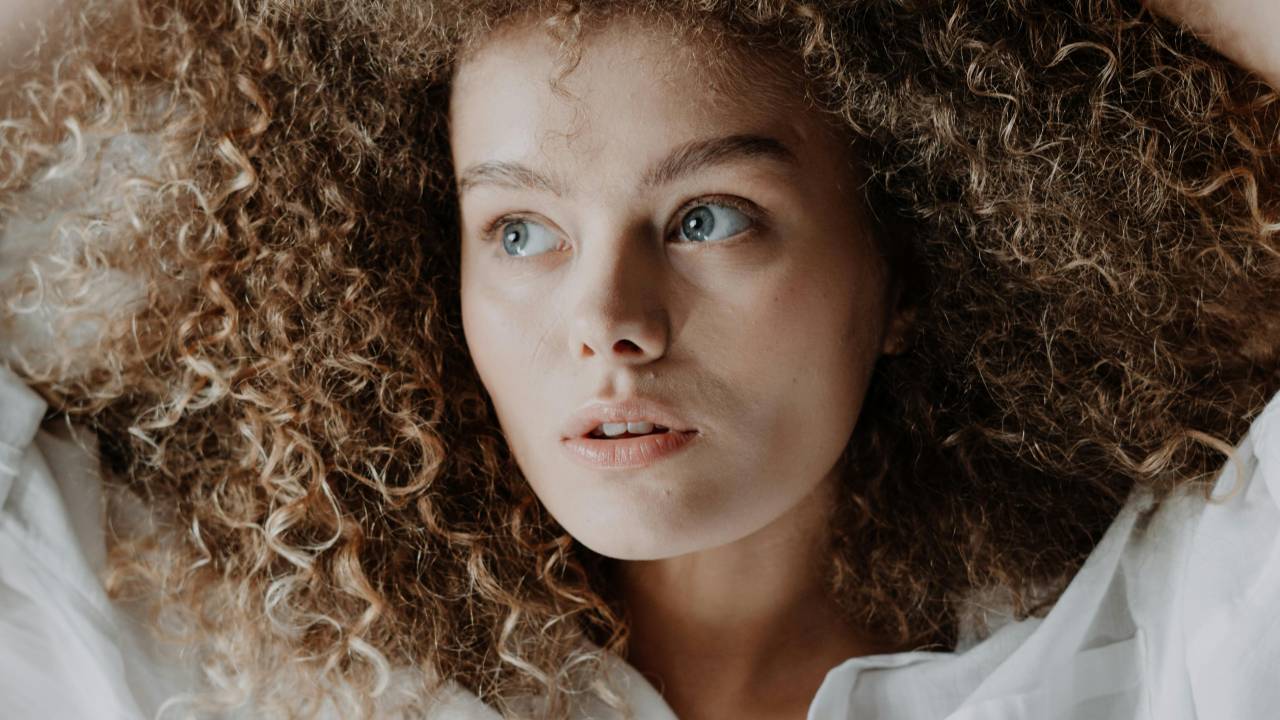 I tried the TikTok-approved eye roll sleep hack and I’ve never fallen back to sleep quicker
I tried the TikTok-approved eye roll sleep hack and I’ve never fallen back to sleep quickerThis eye roll sleep hack could help you get back to sleep when you wake in the night
By Bethan Girdler-Maslen Published
-
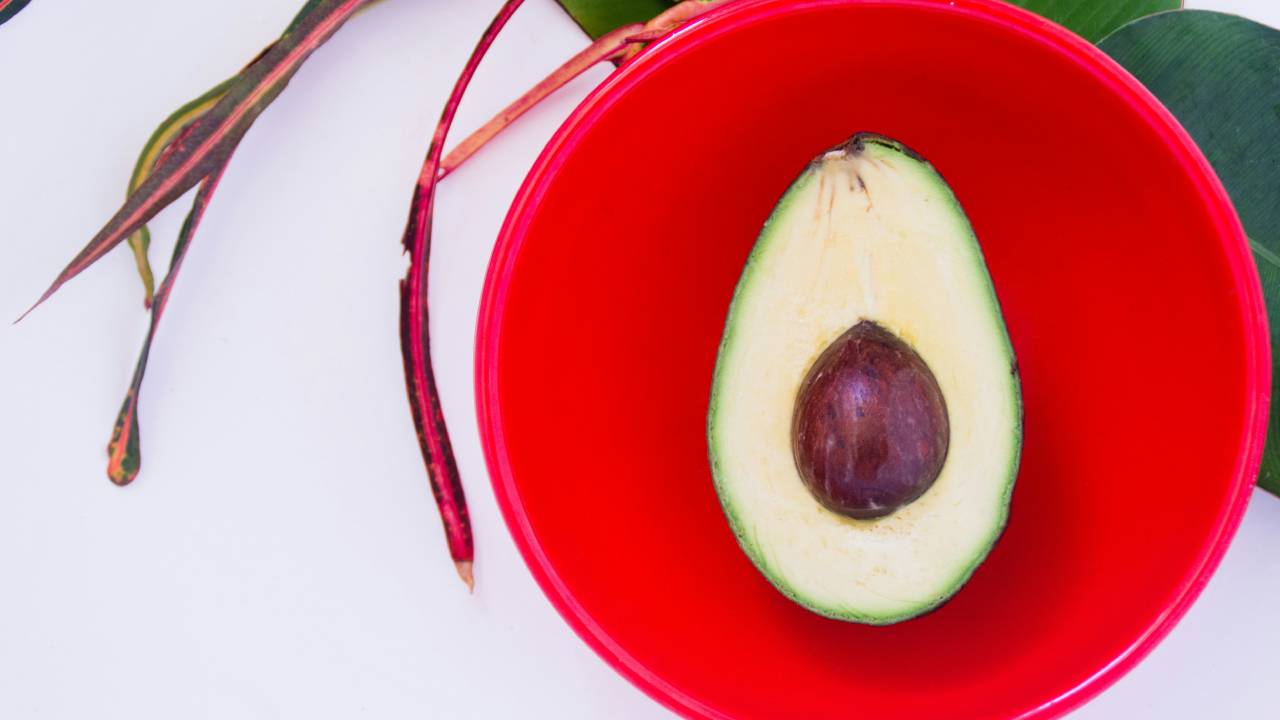 Eating this fruit before bed can help you sleep better – but expert opinions are divided
Eating this fruit before bed can help you sleep better – but expert opinions are dividedTikTok strikes again with its avocado sleep hack – but does it actually work?
By Bethan Girdler-Maslen Published
-
 5 Scandinavian sleep hacks you need to try this weekend
5 Scandinavian sleep hacks you need to try this weekendCan’t sleep? Try these Scandi and Nordic sleep hacks to revolutionise your rest
By Bethan Girdler-Maslen Published
-
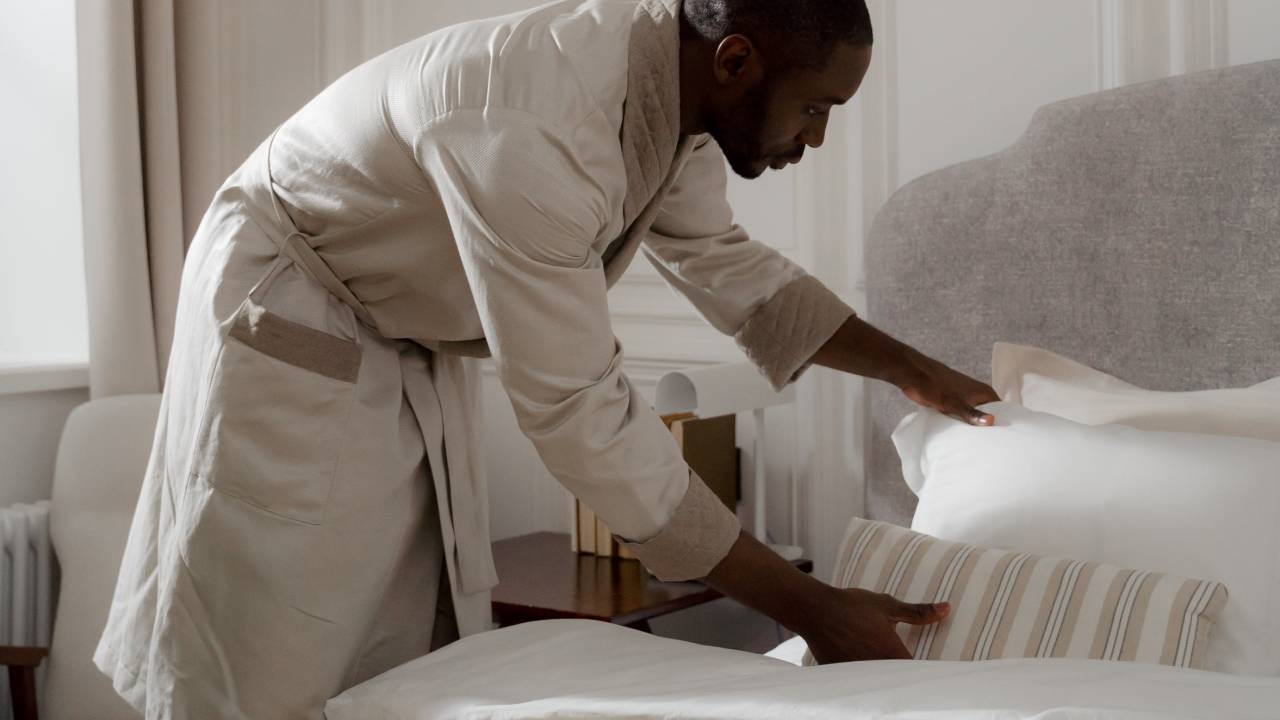 This tidy room sleep hack keeps you organised, stress-free and well-rested
This tidy room sleep hack keeps you organised, stress-free and well-restedStudies find that a tidy room helps you sleep better – here’s why
By Bethan Girdler-Maslen Published
-
 Playing this game 90 minutes before bed can help you sleep better, experts reveal
Playing this game 90 minutes before bed can help you sleep better, experts revealDid you know this?
By Lizzie Wilmot Published
-
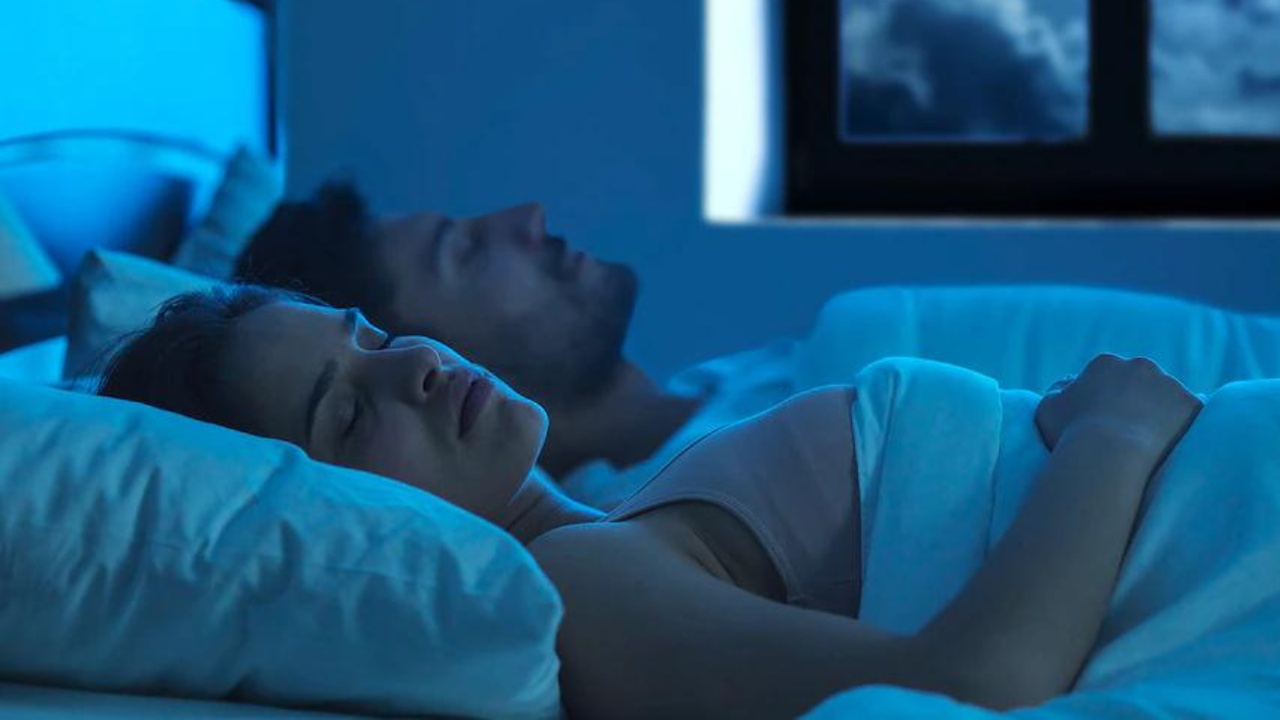 'Moon breathing' revealed as the latest sleep hack, but what exactly is it?
'Moon breathing' revealed as the latest sleep hack, but what exactly is it?It apparently calms the parasympathetic nervous system, sending you off into a deep sleep
By Lizzie Wilmot Published